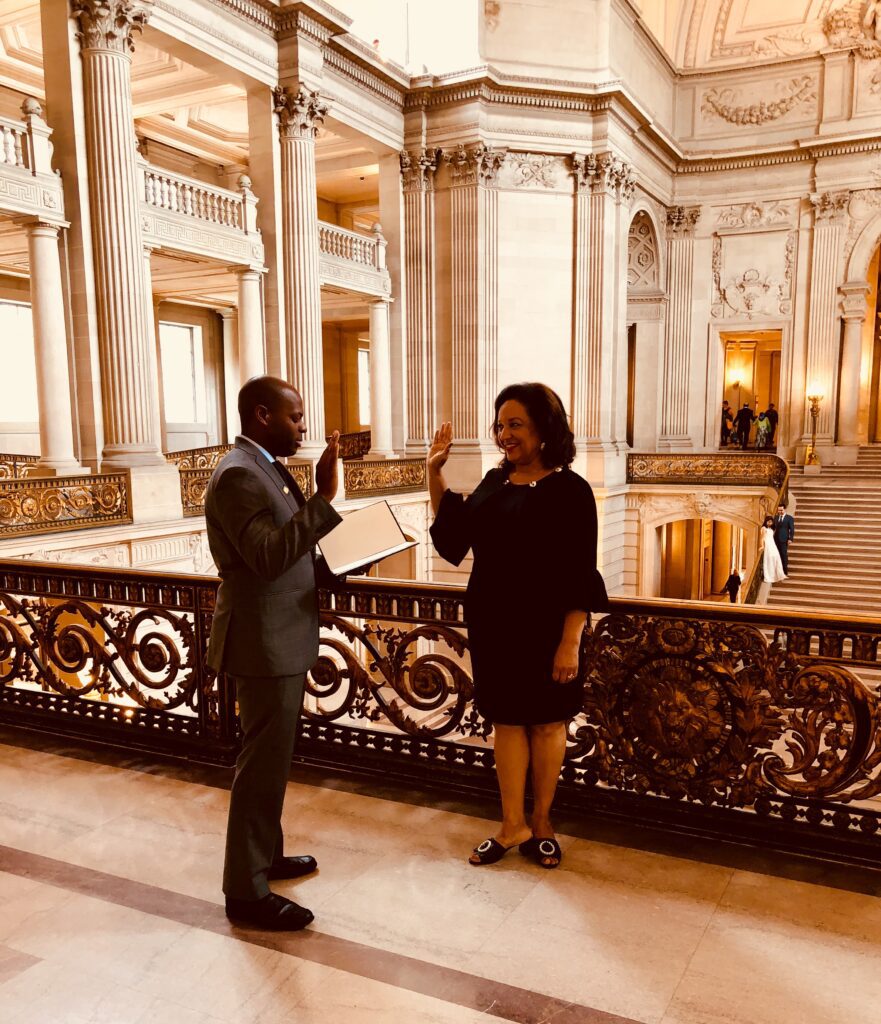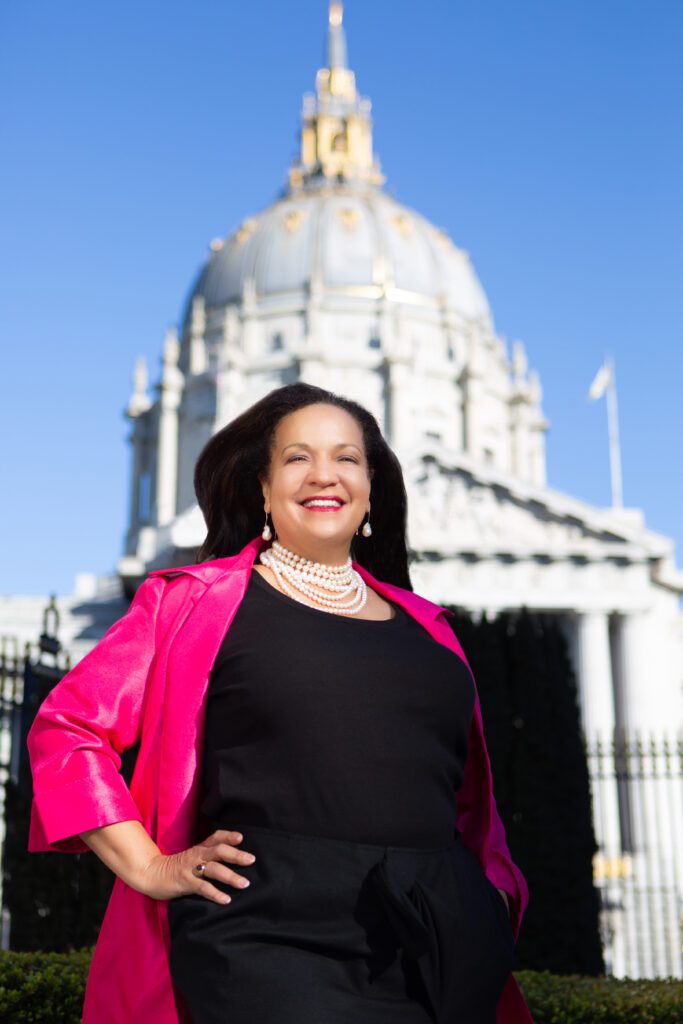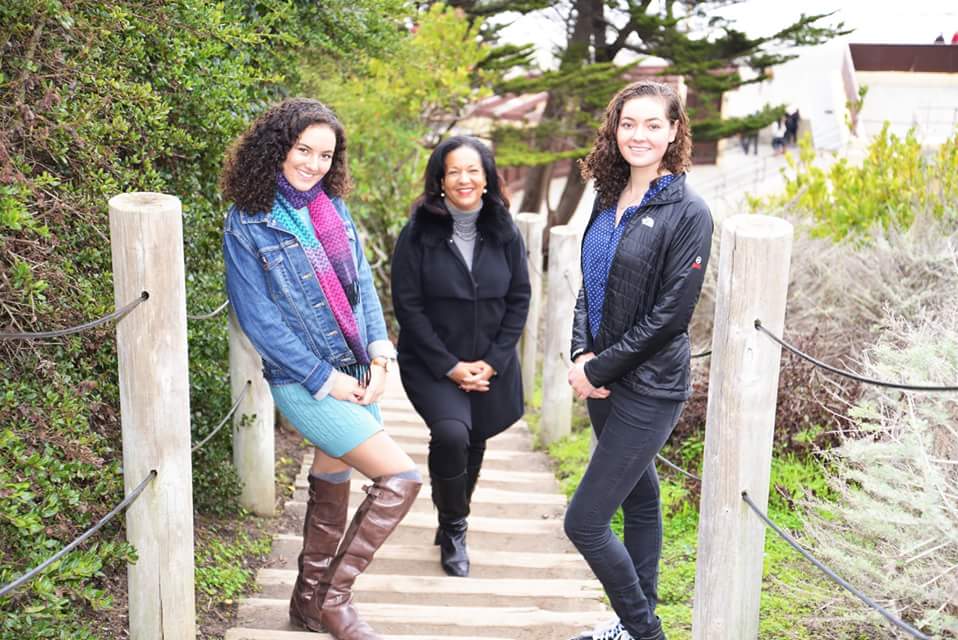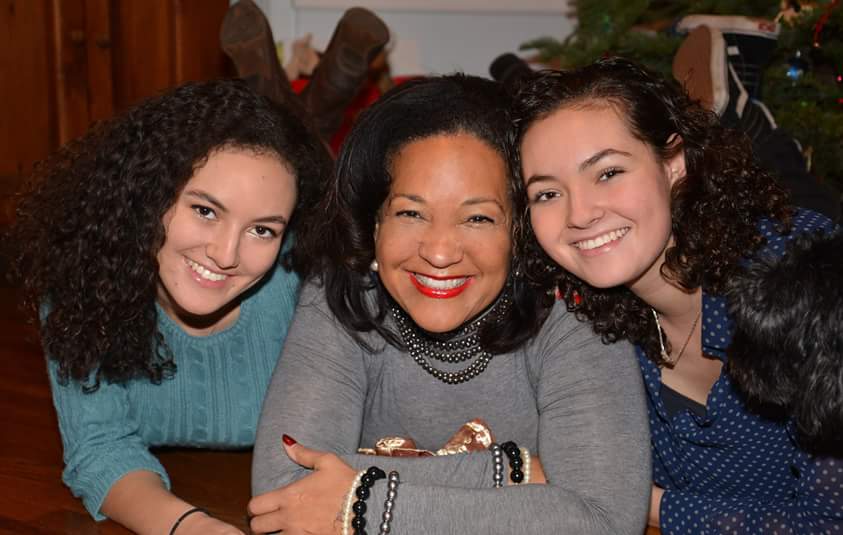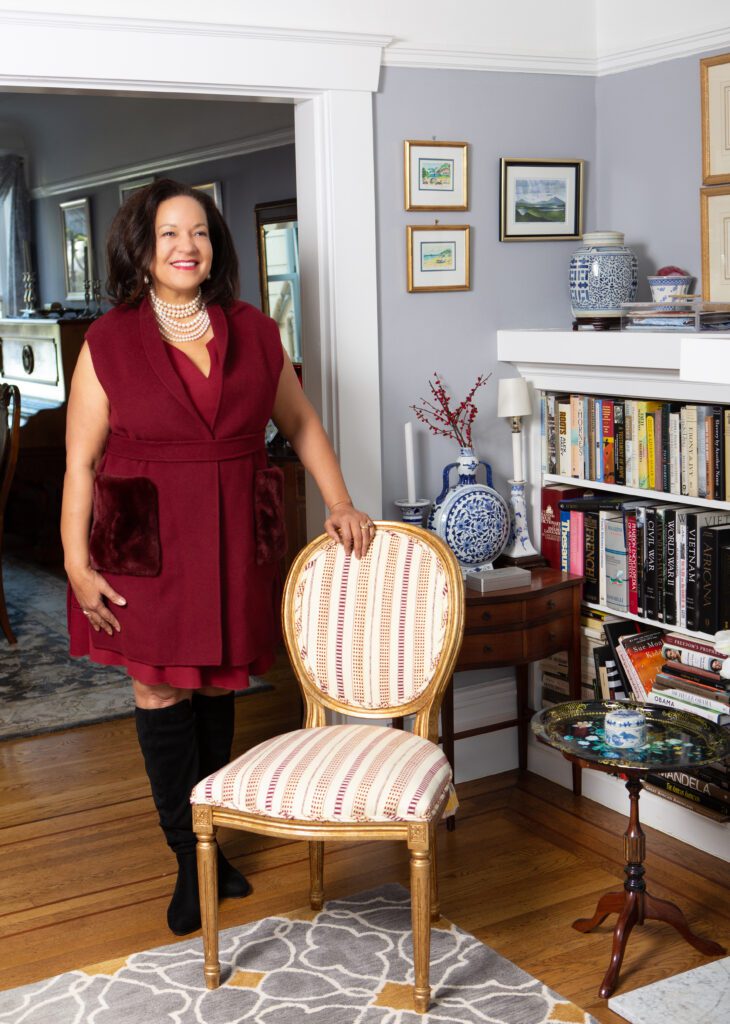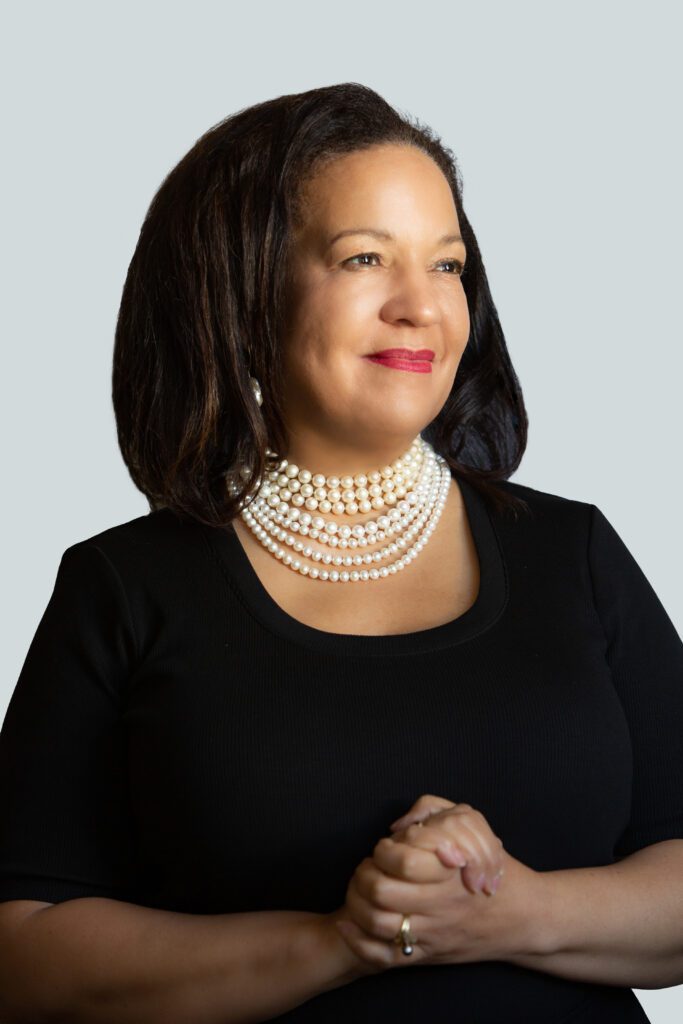Conversation with San Francisco Human Rights Commissioner Karen Clopton
Inclusivity. Equity. Diversity. These powerful words represent some of the most profound challenges and opportunities of our societal landscape and human experience. For San Francisco Human Rights Commissioner, Karen V. Clopton, these lie at the heart of a lifelong body of work, passion, and commitment.
An award-winning trailblazer in human and civil rights and a nationally recognized leader, speaker, and author in corporate, legal, and judicial ethics, Commissioner Clopton has made it her mission to tackle bias in highly regulated corporate and public environments. This passion has led her to drive policy and legal change to help organizations grow and redefine processes and procedures, based on emerging imperatives.
We spoke with Commissioner Clopton about the experiences that shaped and fueled her passion for advocacy, equal access, and corporate governance, what keeps her balanced, and what lies ahead for her.
HL: What and who inspired you to delve into a path of public service and advocacy?
KC: I was blessed to have very loving and supportive parents who raised me to always do my best and to give to my community. Coming from African American, Latin American, and European families has given me a deep understanding and empathy for people grappling with the cultural and socioeconomic issues impacting fairness in our society. As well, growing up, my role models were Congresswomen Barbara Jordan, Shirley Chisholm, Yvonne Braithwaite Burke – all strong, eloquent Black women leaders. Now we have Rep. Barbara Lee who continues this legacy of integrity and truth telling.
HL: Our nation continues to be deeply impacted by violence, inequality, racism. What can each of us do to contribute to positive change?
KC: All of us suffer from violence, income inequality, racism, and racial disparities. Our segregated society and stereotypical thinking hamper our ability as a nation to excel. There are four strategies we can all employ to change ourselves and our environment. First, we must educate ourselves about American history beyond the manufactured national myths, no matter how uncomfortable the truth. Second, we must disrupt wherever we see reinforcement of racial concepts that have been entirely debunked by scientific advancement in DNA and the human genome sequencing. Third, we are responsible for reducing our carbon footprint; providing safe food, housing, and health care to all; and educational opportunities for all children. And fourth, we must intervene when we witness human rights violations: racism, police brutality, domestic violence, sexual harassment, human trafficking. We all must stand up.
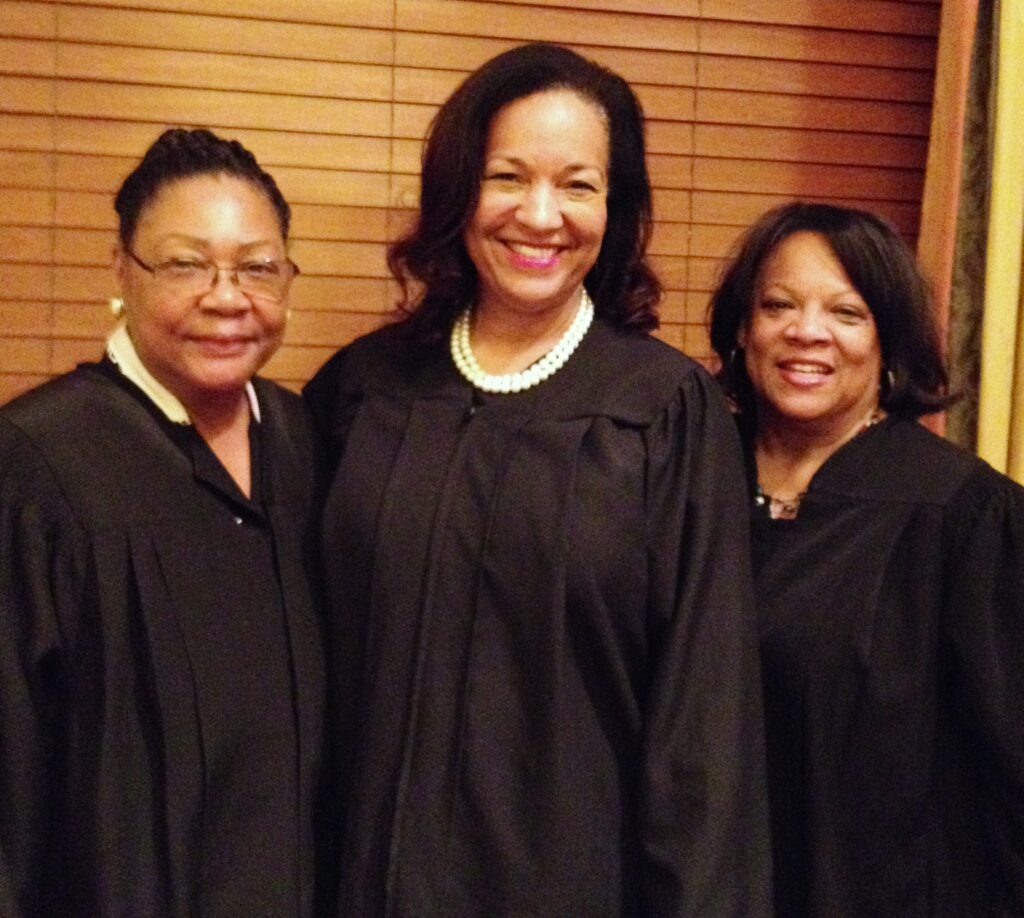
HL: What are you most proud of in your work?
KC: I’m very proud of moving the anti-Black racism resolution as a public health and human rights crisis in San Francisco, and that it was unanimously adopted in June 2020. We founded MegaBlackSF in March 2020, and I was humbled and blessed to seed the Black Wellness Fund at the San Francisco Foundation to help African American residents of the Bay Area. Our work with the president of the board of supervisors, Shaman Walton, has resulted in reallocation of $120 million in funds to address the needs of African Americans in San Francisco and the formation of an official reparations committee that will report to the board of supervisors, the mayor, and the Human Rights Commission.
On another note, I’m quite proud of a project I created at my alma mater, Vassar College: “Buildings and Belonging: Mapping the African American Experience at Vassar College Since 1861” which we launched in 2018 and is now a permanent part of campus life. With both of my daughters in attendance, (Olivia, Class of 2019 and Julia, Class of 2022), this has been an important part of their college experience and legacy, as well. It’s been wonderful to share that with them.
HL: What has kept you inspired and balanced, not only with the intensity of your work, but also in current times?
KC: My daughters, Olivia and Julia, motivate me in every way to leave the world better than we find it. The “Buildings and Belonging: Mapping the African American Experience at Vassar College” project I described above is one example. I find balance by combining hospitality, art, and nature with all aspects of my life. While pandemic restrictions presented challenges, we put a tent in our backyard with heaters and safely celebrated major milestones and holidays there.
HL: Do you have a favorite quote or saying that has served to inspire you and move you forward when you have needed a boost?
KC: My favorite quote comes from our living saint, Alice Walker, who I first met in 1982 at the Roadwork House where I lived during law school in Washington, DC. “To acknowledge our ancestors means we are aware that we did not make ourselves, that the line stretches all the way back, perhaps to God; or to Gods. We remember them because it is an easy thing to forget: that we are not the first to suffer, rebel, fight, love and die.“
HL: What’s on the horizon for you?
KC: My next act is to deepen my work serving on corporate boards utilizing my deep ESG expertise. I also have a book release ahead, Black and White and in Color: The Journey of Two American Families over Ten Generations and Ten Landmark US Supreme Court Decisions. The book is part memoir, part legal and social history, and part genealogical search for roots. Conducting the research I’ve made amazing discoveries about my Scottish paternal grandmother‘s emigration as well as my African American grandparents and great grandparents experiences with lynching, subjugation, passing, and the absurdity of the false concept of race based on skin color and racial purity.
HL: We are heading into February, Black History Month. What can we do to honor the month and significance it holds for our country and communities?
KC: The Black History Month we have today has evolved quite a bit from its roots as Negro History Week first celebrated in 1926 in honor of the birthdays of both Abraham Lincoln and Frederick Douglass. We have such a wealth of African American-owned businesses in our Bay Area region which offer opportunities for our readers to live well and do good. In Oakland, we are lucky to have Brown Sugar Kitchen from acclaimed and talented celebrity chef Tanya Holland and her beautiful cookbook featuring the most beloved dishes from her restaurant, Brown Sugar Kitchen. I know that Haute Living San Francisco recently profiled a number of women of color in the wine industry. I love what friend and celebrated lawyer and vintner, Theopatra Lee of Theopolis Vineyards in is doing up in the Yorkville Highlands of Anderson Valley – and by the awards and acclaim she is receiving, so do many others! Creative Fine Artist and Jewelry Designer, Dorian Webb not only creates stunning, thoughtful designs, but actively supports women entrepreneurs and sustainability in business, and sits on the board of directors for the Museum of the African Diaspora (MoAD) in San Francisco. She is a force in our community. Get to know your community and cultural icons of color surrounding you and celebrate the breadth and depth of cultural diversity and leadership that has so greatly contributed to this country. Thank you!

